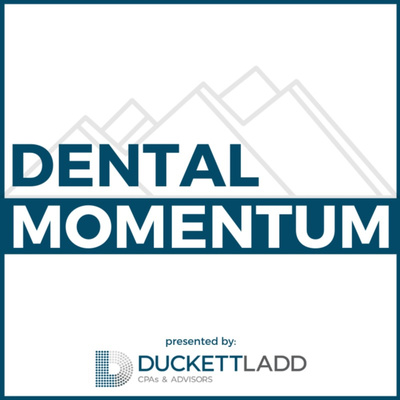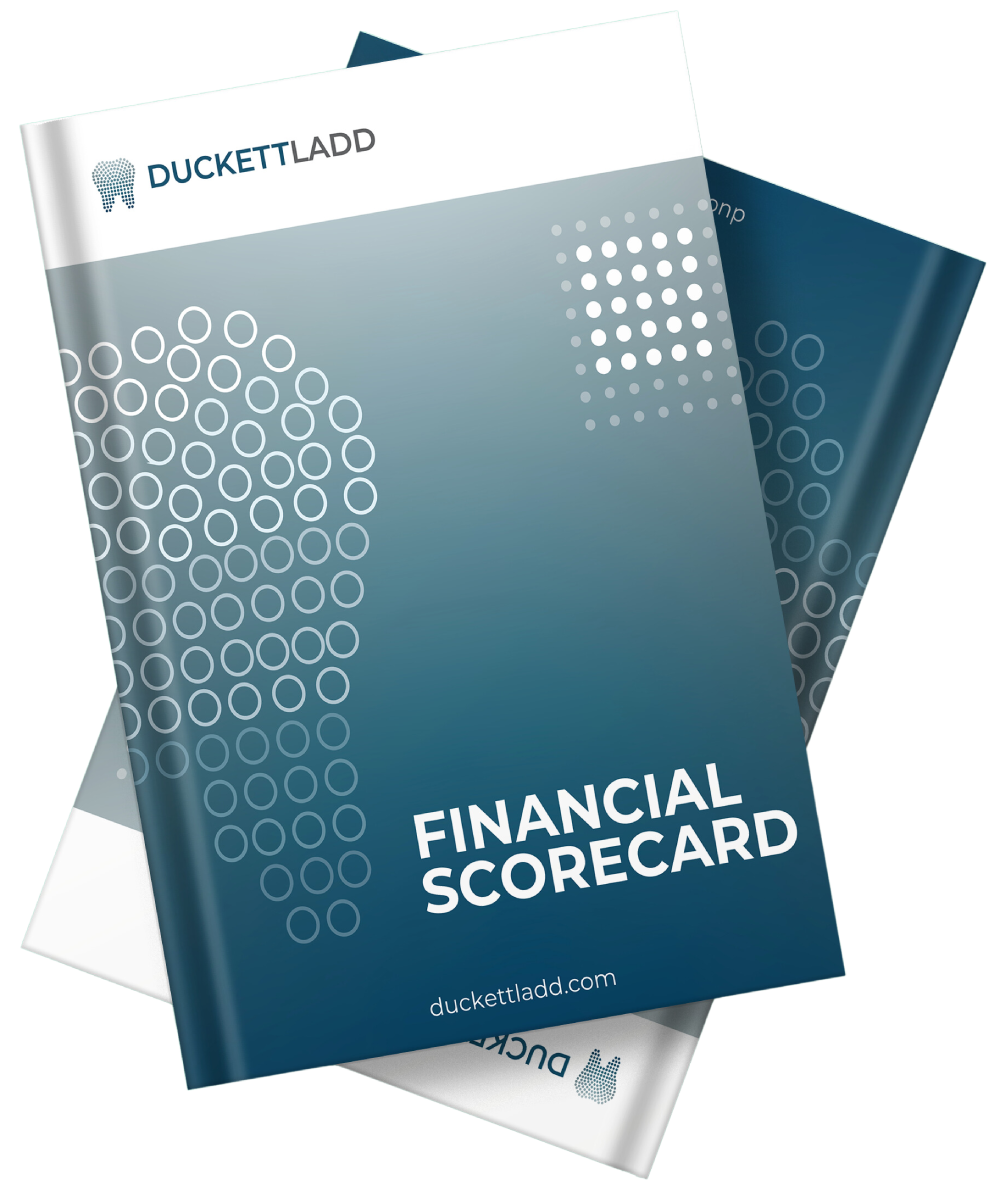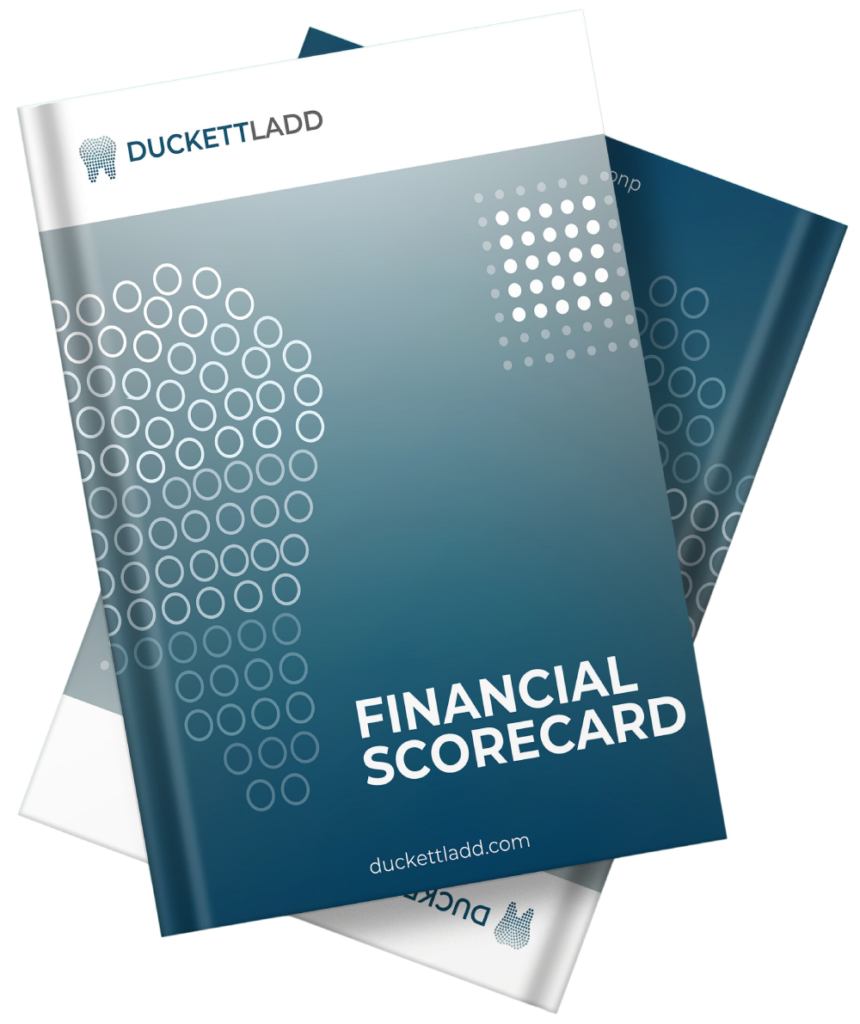In the dynamic landscape of dental practices, effective accounting is paramount to maintaining financial health. This article explores the complexities of dental accounting and provides valuable CPA advice to address common challenges faced by practitioners.
Understanding the Unique Accounting Needs of Dental Practices
Dental practices, with their distinct income streams and overhead costs, present unique accounting challenges. Patient payments, insurance claims, and variable expenses require a keen financial eye. Regulatory compliance adds another layer, necessitating a deep understanding of tax implications and industry-specific regulations.
Consider the impact of student loans on early career financial planning; these obligations can shape the foundation of your financial strategy. Dentists often face the dual challenge of servicing student debt while establishing their practice.
Common Accounting Challenges Faced by Dental Practices
Cash Flow Management
One of the primary challenges for dental practices is managing cash flow effectively. Patient visits may fluctuate seasonally, impacting revenue. To address this, establishing robust invoicing and payment systems is crucial. Additionally, creating a contingency fund can help navigate lean months, ensuring stability during challenging periods.
Expense Tracking and Budgeting
Controlling variable expenses and adhering to a realistic budget is pivotal. Utilizing advanced accounting software streamlines expense tracking, providing accurate insights. Regular reviews and adjustments to the budget help maintain financial discipline, ensuring a balanced financial picture.
Tax Planning and Compliance
Proactive tax planning throughout the fiscal year is vital. Dental practices can leverage industry-specific deductions to optimize their tax liabilities and remain on the right side of regulations.
CPA Advice for Addressing Accounting Challenges
Cash Flow Management Strategies
CPAs advise implementing efficient invoicing and payment systems to ensure a steady cash flow. By setting aside funds during peak months, dental practices can create a financial buffer for times of reduced patient visits.
Expense Tracking and Budgeting Solutions
Utilizing accounting software tailored to the needs of dental practices simplifies expense tracking. Regular budget reviews, facilitated by CPA insights, enable timely adjustments, ensuring financial goals are met without compromising quality patient care.
Tax Planning Tips
CPAs recommend a proactive approach to tax planning, guiding dental practices to identify and leverage deductions specific to their industry. This strategic planning not only minimizes tax liabilities but also contributes to long-term financial stability.
Technology Integration for Efficient Accounting
The integration of technology into dental practice accounting is a game-changer. Adopting user-friendly accounting software streamlines financial processes. These tools provide a comprehensive view of both financial and operational data, empowering practitioners to make informed decisions.
Building a Strong Relationship with Your CPA
Regular consultations for financial health check-ups foster a collaborative environment. By working together, practitioners and CPAs can identify challenges early and implement effective solutions.
Navigating Financial Success with CPA Advice
In conclusion, addressing the unique accounting challenges faced by dental practices requires a strategic approach. Proactive cash flow management, meticulous expense tracking, and savvy tax planning are key elements. Integrating technology into financial processes, coupled with a strong relationship with a trusted CPA, ensures a robust financial foundation for dental practitioners.
For personalized CPA insights tailored to your dental practice, contact us today. Our team is dedicated to navigating the intricacies of dental accounting, helping you achieve and sustain financial success in a dynamic healthcare environment.
Disclaimer
Duckett Ladd, LLP does not provide tax, legal, or accounting advice. This content has been prepared for informational purposes only and should not be relied on for, tax, legal, or accounting advice. You should consult your own tax, legal, and accounting advisors before engaging in any transaction. Also, tax law is ever-changing, and every effort should be made to seek out the most current information. Make sure to check the date of published content to ensure the most current information.








